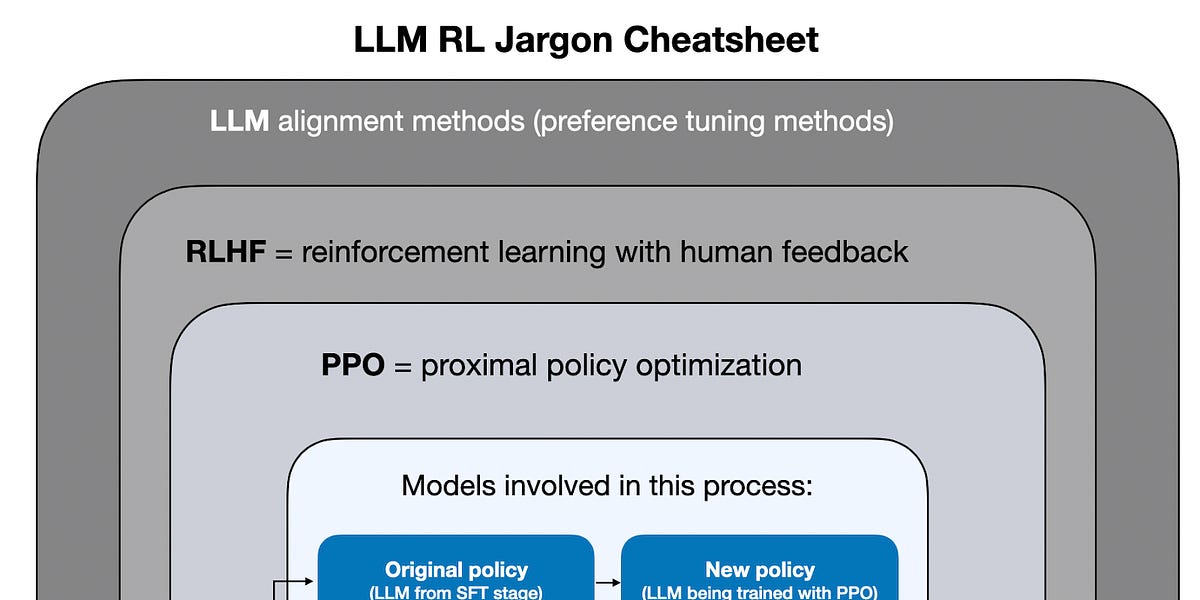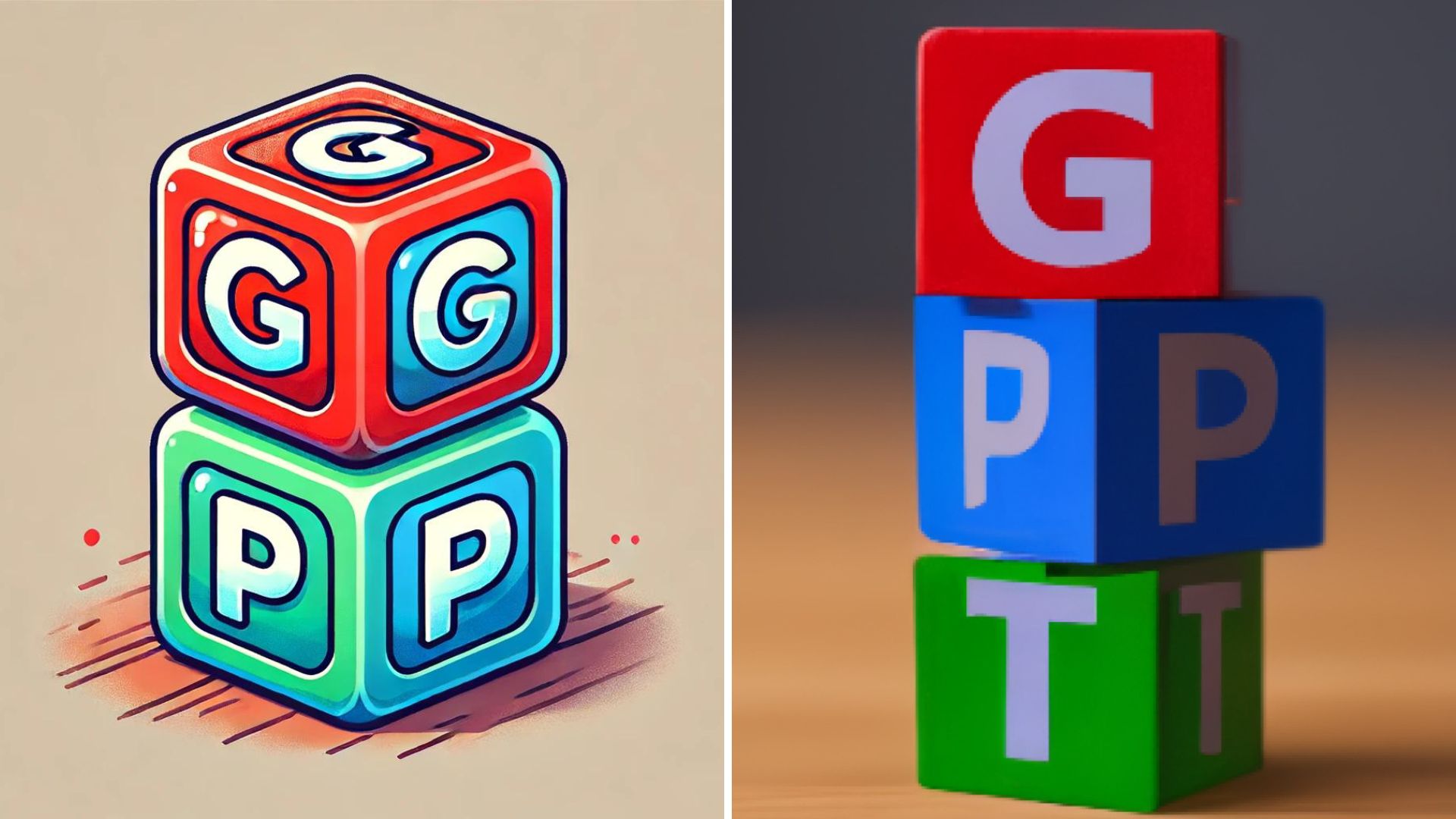In a recent event at Carnegie Mellon University (CMU), Farnam Jahanian, the university’s president, made waves when he asked Sundar Pichai, CEO of Alphabet and Google, AI generated questions using Perplexity AI.
Jahanian ran the same prompt ‘what questions should be asked to Sundar Pichai if they were in an elevator together’ using Gemini and Perplexity to generated questions, both AI models generated 3 questions and the host valid emphasis on the last question asked by Perplexity, “Discuss his views on failure in the tech industry. How does he encourage his team to take risks, and what lessons has he learned from setbacks in his career?”
He answered the question with honesty and humility, “In tech, I think failures are an important part of your journey. When you want to work on really ambitious things, first of all, no one else is working on it, so you tend to have less competition. It attracts the best people in the world… even if you fail in accomplishing what you set out to do, whatever you created in the process will still be incredibly valuable,” said Pichai, saying that innovation in tech requires risk-taking, as failure often yields valuable outcomes.
This move sparked mixed emotions from the audience, as Pichai took the questions in stride showcasing his sense of humor in an otherwise tech heavy, high profile discussion. It was a lighthearted moment that underscored how rapidly AI tools like Perplexity are becoming part of everyday tech conversations.
Google’s AI Overviews
Pichai appeared confident and poised in his answers reflecting his confidence in Google’s vision.
Clearly, Pichai doesn’t seem to view Perplexity as a significant threat. With Google continuing to push boundaries with innovations like Gemini, the search giant is focusing on bigger picture challenges like integrating generative AI into its vast ecosystem, rather than worrying about other players in the field.
When speculation such as Perplexity posing a threat to Gemini was on the rise, Arvind Srinivasa posted on X, saying “The desire to compete with Google is less about gaining search market share. That’s probably true for Microsoft, but not for OpenAI or Perplexity. It’s more about striving for engineering excellence and creating experiences that weren’t possible before.”
Perplexity was dubbed as a ‘Google search wrapper,’is also gaining traction for its ability to provide quick, AI generated answers. Perplexity could have potentially been leveraging Google Search itself, adding a conversational layer that makes it easier to retrieve information quickly and in a user friendly format. Given that Sundar Pichai’s own company is at the forefront of search technology, this moment had an ironic twist. The questions coming from a competitor, albeit playful, surely highlighted the evolving landscape of AI search tools.

 6 months ago
81
6 months ago
81


